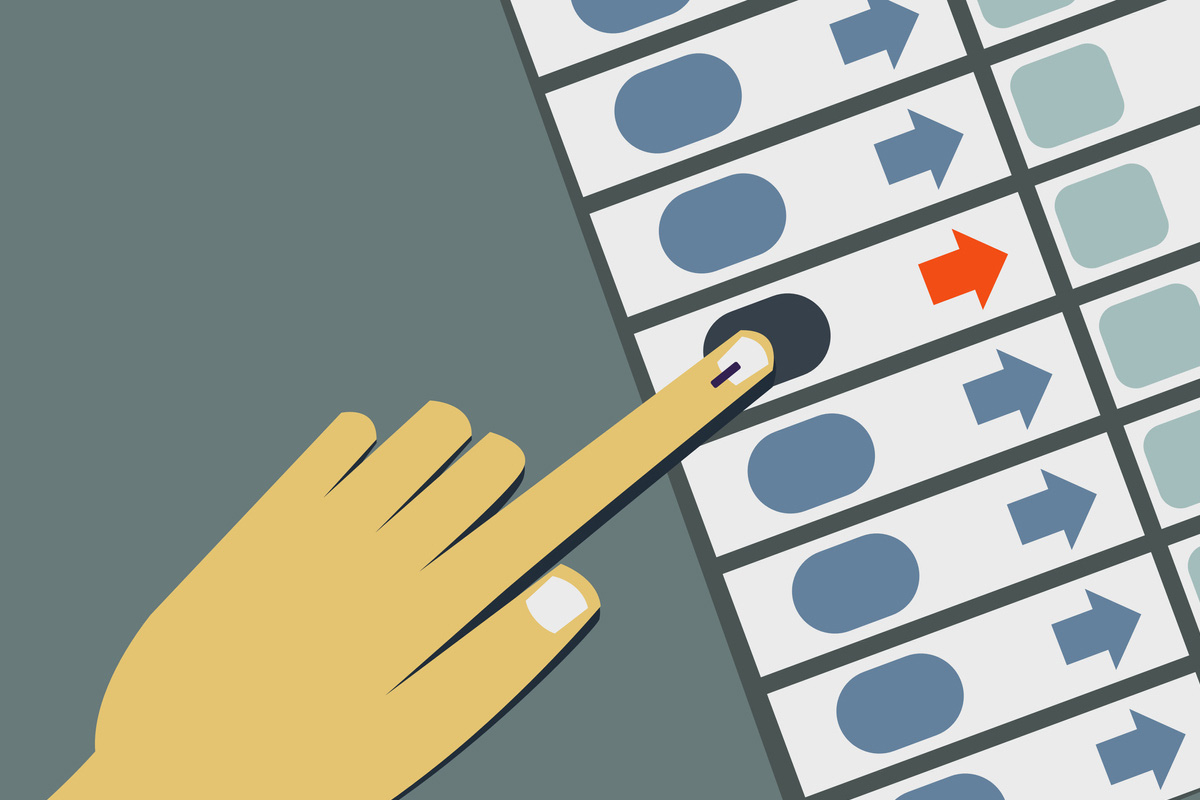Sri. Amruthesh N P vs State Of Karnataka
5 May, 2023
Bench: Hon’ble Krishna S Dixit, Hon’ble Vijaykumar A. Patil
Introduction:
A recent writ petition filed in the High Court of Karnataka challenges the granting of permissions for road shows conducted by political parties and organizations in the state, particularly in the city of Bengaluru. The petitioner seeks a writ of mandamus to scrutinize the permissions granted by the authorities and to direct them not to grant any further permissions for road shows. This blog provides an overview of the case and its significance in the context of democratic elections in India.
Background:
The petitioner, Mr. Amruthesh N P, filed the writ petition under Articles 226 and 227 of the Constitution of India. He approached the court seeking judicial intervention to examine the permissions granted by the state authorities, including the Chief Secretary, Director General & Inspector General of Police, Commissioner of Police, and the Election Commission of India (ECI). The petitioner contends that road shows conducted by political parties and organizations create significant disruptions and inconvenience to the public, especially in densely populated areas like Bengaluru.
Key Arguments:
Mr. Amruthesh N P, appearing as a party in person, and his advocate, Mr. Vishwanath Sabarad, argue on behalf of the petitioner. They contend that road shows lead to traffic congestion, noise pollution, and violation of traffic regulations, adversely affecting the daily lives of citizens. The petitioner seeks a mandamus directing the concerned authorities not to grant any permissions for road shows in Karnataka, specifically in Bengaluru.
The respondents, represented by the State of Karnataka, Chief Secretary, Director General & Inspector General of Police, Commissioner of Police, and the Election Commission of India (ECI), are represented by their respective advocates. They oppose the petition, asserting that road shows are an integral part of election campaigns and provide an opportunity for political parties to connect with voters. The respondents argue that the necessary precautions and regulations are in place to minimize inconvenience to the public during road shows.
Court’s Observations and Order:
The bench, comprising Hon’ble Justice Krishna S Dixit and Hon’ble Justice Vijaykumar A. Patil, begins the order by highlighting the significance of elections as festivals of democracy in India. They reference a quote by the former Chief Editor of the New York Times, praising the unity and diversity witnessed during Indian elections.
The court acknowledges the petitioner’s concerns regarding the disruptions caused by road shows but also recognizes the importance of political parties engaging with the electorate. Considering the competing interests, the court opts to strike a balance.
The court orders the scrutiny of permissions granted for road shows and emphasizes the need for authorities to regulate and ensure minimal inconvenience to the public. However, the court does not entirely prohibit road shows but emphasizes the importance of adherence to traffic regulations and minimizing disruptions.
Significance:
This writ petition brings attention to the issue of road shows conducted by political parties and organizations during elections. It raises the question of striking a balance between political campaigning and public inconvenience. The court’s order emphasizes the responsibility of authorities to regulate road shows and enforce traffic regulations effectively.
Conclusion:
The writ petition challenging road shows conducted by political parties in Karnataka, particularly in Bengaluru, highlights the need for a balanced approach to ensure democratic engagement while minimizing inconvenience to the public. The court’s order emphasizes the importance of scrutinizing permissions, regulating road shows, and enforcing traffic regulations to strike a fair balance between political campaigning and public welfare.
“PRIME LEGAL is a full-service law firm that has won a National Award and has more than 20 years of experience in an array of sectors and practice areas. Prime legal fall into a category of best law firm, best lawyer, best family lawyer, best divorce lawyer, best divorce law firm, best criminal lawyer, best criminal law firm, best consumer lawyer, best civil lawyer.”
JUDGEMENT REVIEWED BY SHREEYA S SHEKAR


